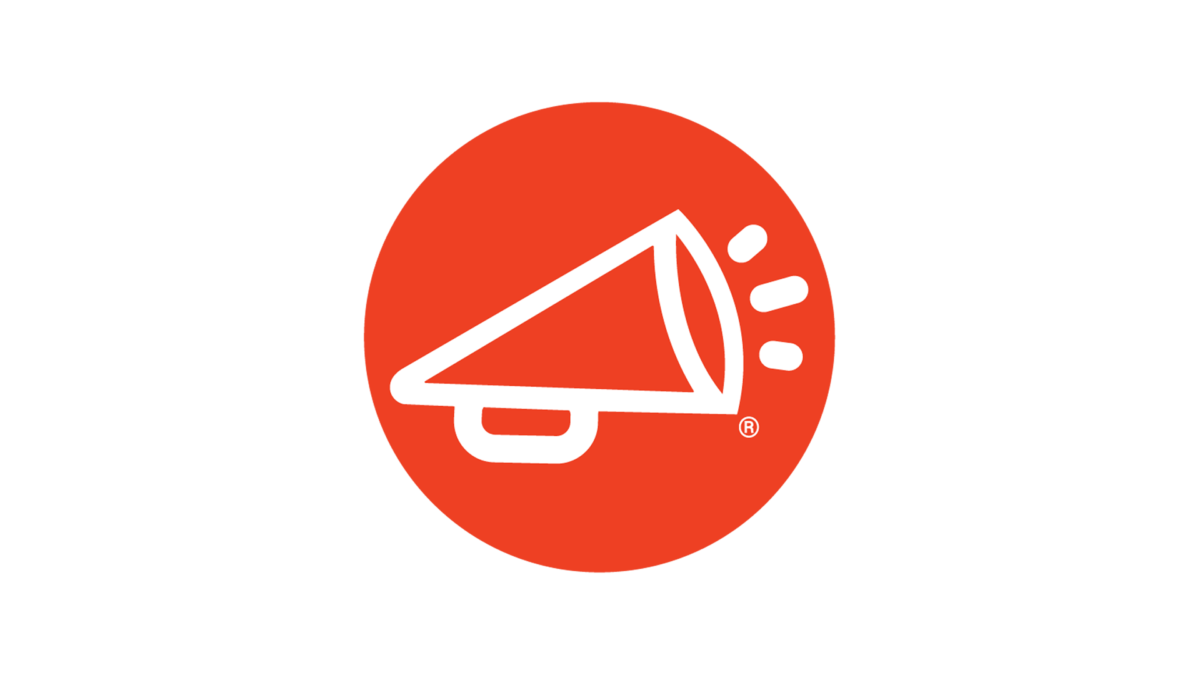

Employee reward and recognition programs in companies celebrate achievement above and beyond an employee’s daily responsibilities. A well-constructed reward program will:
From the employee perspective, reward and recognition programs in companies are no longer a “nice to have.” With the battle for talent so intense, over 90% of CEOs surveyed in an Incentive Research Foundation trend study say that they are already changing or intend to change their employee attraction and retention strategies. Employees in all age groups are looking for a more meaningful work experience.
Research shows that you can expect 57% more effort given by employees that feel recognized. Imagine the increased productivity and innovation that employees encouraged by a formal recognition program could provide.
To truly be effective in recognizing employees, organizations need to continuously track and manage the feedback and data from their recognition programs. Below are three types of incentives that work.
We’re living in a Facebook and Instagram world. The days of a private “atta-boy” are over. Today’s worker has grown up sharing every detail of their life on social channels — and this includes accomplishments at work. With 24/7 access to mobile devices, the line between the professional and personal is blurred. It’s no longer likely that employees will create a clear separation between their work life and their personal life. These employees want to be recognized on familiar social channels and they appreciate being recognized for their accomplishments by their peers.
Because managers can’t be everywhere, peer-to-peer recognition allows co-workers to share stories of the ways in which their colleagues demonstrate company values, contribute to corporate objectives, take care of customers, or go above and beyond. These stories can then be elevated by managers, and successfully leveraged in a reward program to reinforce stellar performance.
Contrary to a long-held popular belief, cash is not the best motivator in the reward and recognition world. Studies show that employees perform at higher levels when receiving tangible rewards. A participant study by the Incentive Research Foundation reports that when employees were given a choice between a reward that aligned with their own experiential preferences and cash, they chose the experience, especially for larger rewards.
99% of the participants in the study had unique reward preferences, thus confirming the need to offer a variety of choices for program recipients
The study also found that for 40–50% of the participants, the recognition experience had as much to do with the delivery of the reward as the reward itself. Public recognition by company leadership had the most impact for the participants.
Have you ever tried to purchase a gift for a family member or close friend and found yourself stumped by the challenge of simply not knowing what to give them? If we find struggle in gifting those nearest and dearest to us, how can we be successful at choosing a gift for employees? Especially when considering all their various ages, stages, and interests? The most successful reward and recognition programs provide a breadth of options so employees may feel empowered. This may include the traditional and the creative:
Don’t let these common mistakes compromise your recognition program:
Employee recognition programs contribute to a positive work culture by clearly communicating the company’s mission and values. They ensure that employees understand their role in the organization and are rewarded for their contributions to the success of the company.
Finding a partner like Online Rewards can be beneficial in creating an effective recognition program that is based on performance and offers motivating rewards that are delivered appropriately. This will help to retain your most valuable asset: Your key employees.
WorkProud is committed to helping its clients create a unified approach to the employee experience by helping them build cultures of workplace pride. Trusted by millions of users at some of the world’s most recognized employer brands, WorkProud delivers a comprehensive approach to building company cultures that inspire people to be Proud of their Work and Proud of their Company.




Every month, we share news, knowledge, and insight into what we believe is a pretty simple proposition: If you are “proud of your work and proud of your company,” you are more engaged, more productive, and more likely to stay with your company for the long haul.
*By selecting “SIGN UP,” you agree to WorkProud’s Privacy Policy. You may unsubscribe from our newsletter at any time. Please note when unsubscribing: it may take up to 10 business days for your request to take effect.